Category: News
-

Detecting human diversity
Variation graphs facilitate genomic discovery Katharine Miller | Inquiry UCSC After the first human genome was successfully sequenced in 2003, researchers established it as the reference genome. It became the singular, highest-quality, most well-understood, standardized genome against which all other human genomes would be mapped and compared for the foreseeable future. It turns out this commitment to a single…
-

Gifts accelerate research, from the galactic to the microscopic
Gifts from Ken and Gloria Levy support biomedical discovery that may help cancer patients as well as research on dark matter halos, some of the universe’s largest structures UCSC.edu | June 04, 2019 | J.D. Hillard Professor Daniel Kim’s lab works on technology it hopes will help doctors save lives, while astronomy grad student Enia…
-
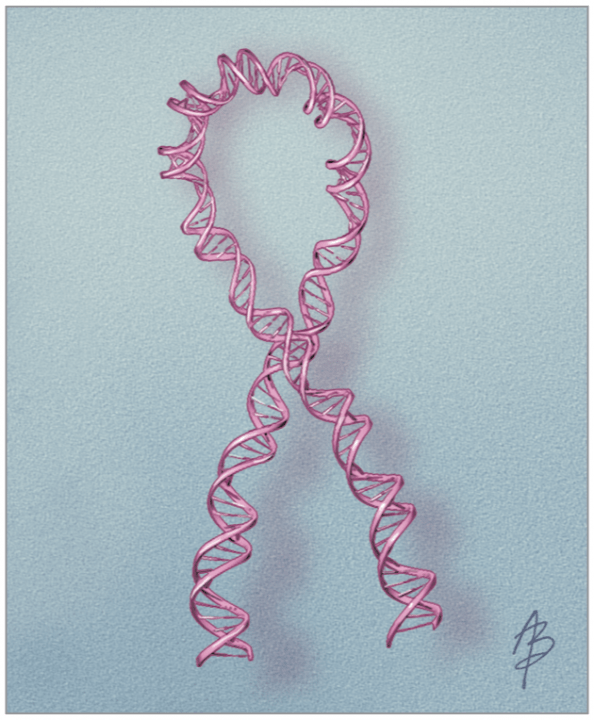
Taking the Uncertainty Out of Interpreting BRCA Variants
JAMA Network | Rebecca Voelker, MSJ | March 20, 2019 The Problem Testing for BRCA1 and BRCA2 mutations identifies both benign and pathogenic genetic variants. But information about specific variants, particularly those of uncertain clinical significance (VUS), often isn’t systematically curated, expertly reviewed, or easily searchable. In addition, different laboratories sometimes interpret test results differently. Downstream Risk Some patients…
-
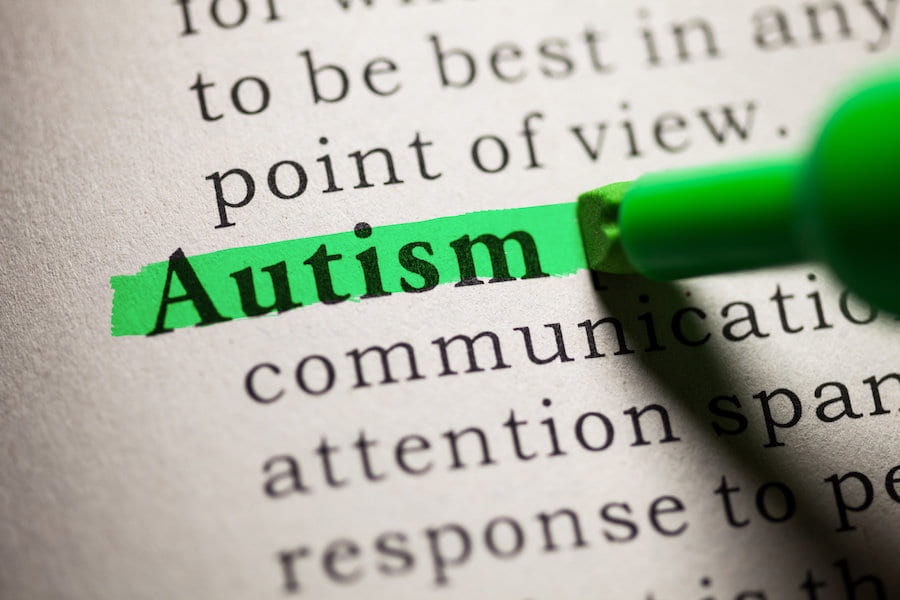
Brain changes in autism traced to specific cell types
Study of human brains links gene activity to disorder’s severity, flagging targets for future therapies Science Daily | May 16, 2019 Scientists have learned in recent years that autism spectrum disorders (ASDs) are typically caused by changes in the genetic instructions for how the developing brain wires itself up, beginning in the second trimester of…
-

NCI Pediatric MATCH Trial Interim Data Shows 24 Percent of Patients Eligible for Targeted Therapy
May 16, 2019 | Christie Rizk | GenomeWeb NEW YORK – An interim analysis of the National Cancer Institute-Children’s Oncology Group (NCI-COG) Pediatric Molecular Analysis for Therapy Choice (MATCH) study — a precision medicine clinical trial for pediatric cancer — has found that 24 percent of participants are eligible to receive treatment with a targeted…
-
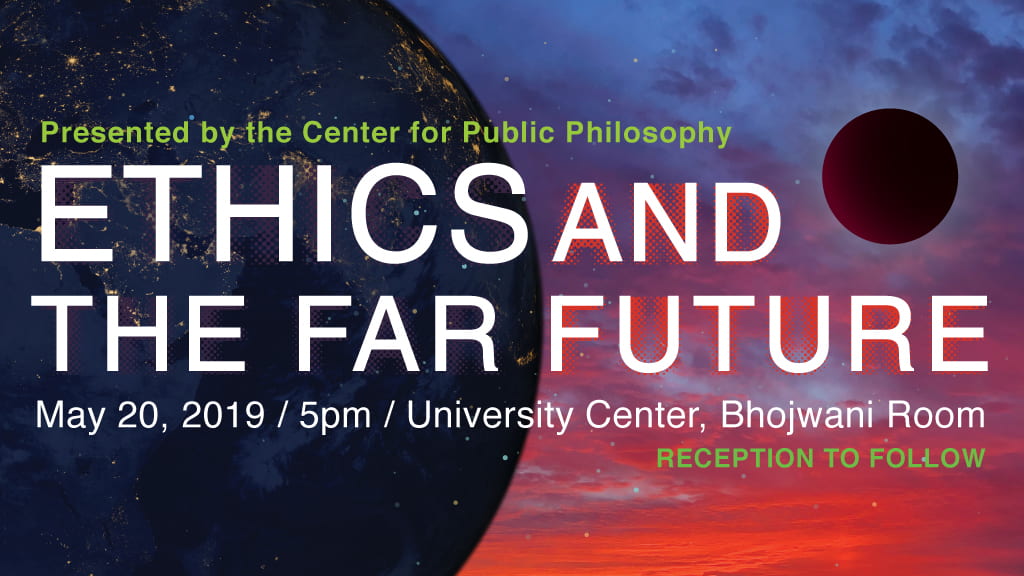
First Faculty Ethics Bowl at UC Santa Cruz to focus on the future
UCSC | May 10, 2019 | Scott Rappaport What role should thinking about the far future—1,000 years ahead and beyond—play in research on campus? That’s the key question that will be discussed in Ethics and the Far Future, the first UC Santa Cruz Faculty Ethics Bowl, set to take place on May 20 at the University Center’s…
-
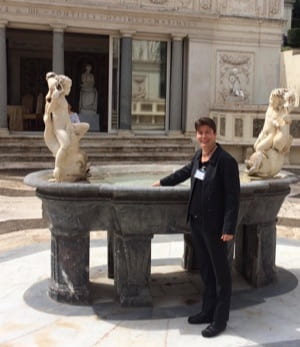
Jenny Reardon participates in Vatican workshop on personalized medicine
UCSC.edu | Jennifer McNulty | May 3, 2019 Jenny Reardon, a leading voice in the field of genomics, was one of 15 participants invited to attend a workshop on personalized medicine hosted by the Pontifical Academy of Sciences. The workshop, “The Revolution of Personalized Medicine: Are We Going to Cure All Diseases and at What…
-
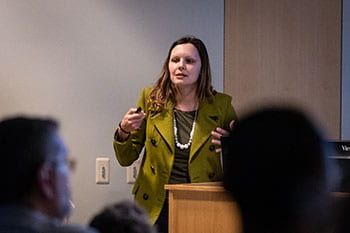
Alumni Weekend 2019: Slugs in the mist
Cool, cloudy weather can’t stop warm reunions and festival vibes at annual Alumni Weekend bash UCSC | Dan White | April 30, 2019 It’s a well-known fact that cool weather and fog bring out the banana slugs in droves. That was certainly the case during UC Santa Cruz’s highly spirited—and often cloudy—Alumni Weekend, marked by…
-
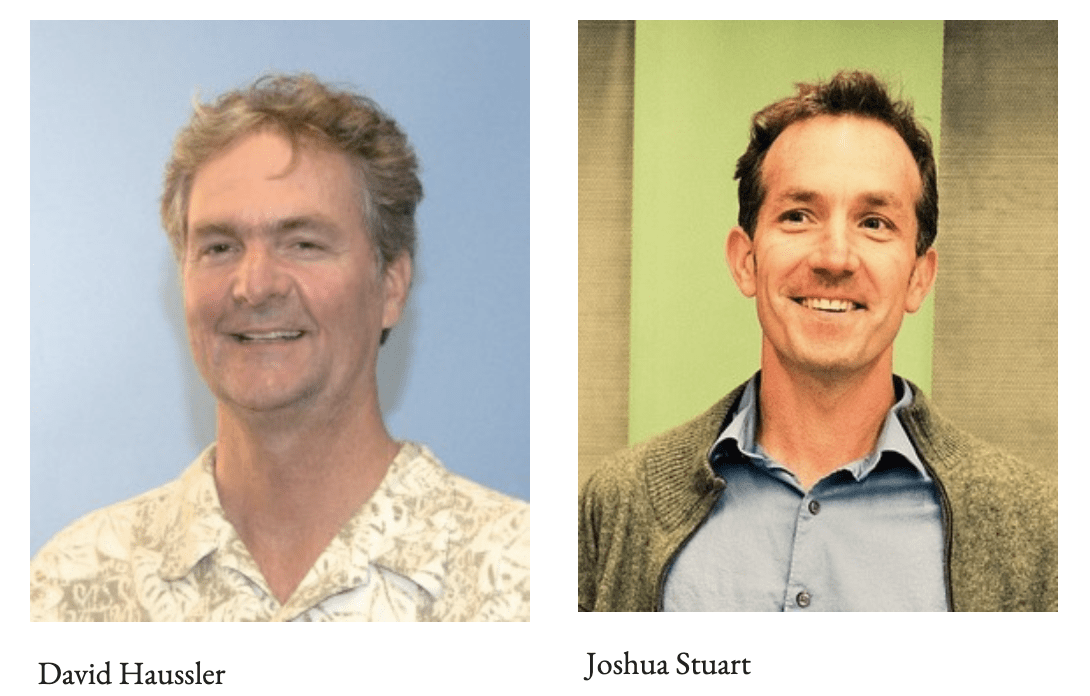
Cancer advancement earns U.S. patent
David Haussler, left, and Joshua Stuart are among the professors honored by the Office of Research’s quarterly Inventor Recognition Program. UCSC Office of Research | April 30, 2019 The invention describes a computational method for inferring the activity of the genetic circuitry inside cancerous cells. It bases its prediction on various types of genomics data…
-
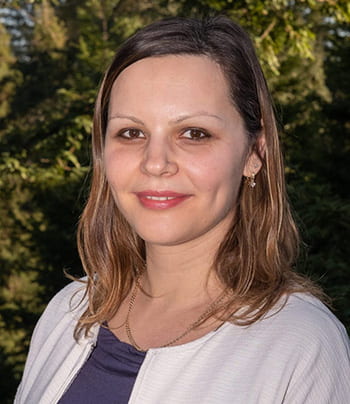
Biologist Olena Vaske wins major grant from American Association for Cancer Research
The 2019 AACR NextGen Grant for Transformative Cancer Research will support Vaske’s research on pediatric cancer genomics UCSC.edu | April 25, 2019 | Tim Stephens The American Association for Cancer Research (AACR) has awarded a prestigious 2019 NextGen Grant for Transformative Cancer Research to Olena Morozova Vaske, assistant professor of molecular, cell and developmental biology at UC…
-

Ecologist dissects the science of de-extinction
Phys.org | APRIL 22, 2019 | University of Georgia | This information undoubtedly will disappoint “Jurassic Park” fans, but it comes from an expert—Beth Shapiro, the UGA alumna and evolutionary biologist who wrote the book “How to Clone a Mammoth: The Science of De-Extinction.” Shapiro returned to campus April 4 to deliver the George H. Boyd Distinguished…
-

From scholarship to achievement, five grads make their mark
UCSC | April 18, 2019 | Matthew Renda UC Santa Cruz will recognize five graduate school alumni who are making outsize contributions to the world in increasingly multifaceted ways. The five recipients of the 2019 Distinguished Graduate Student Alumni Award exemplify the diverse ways in which the former graduate students have translated their scholarship into…